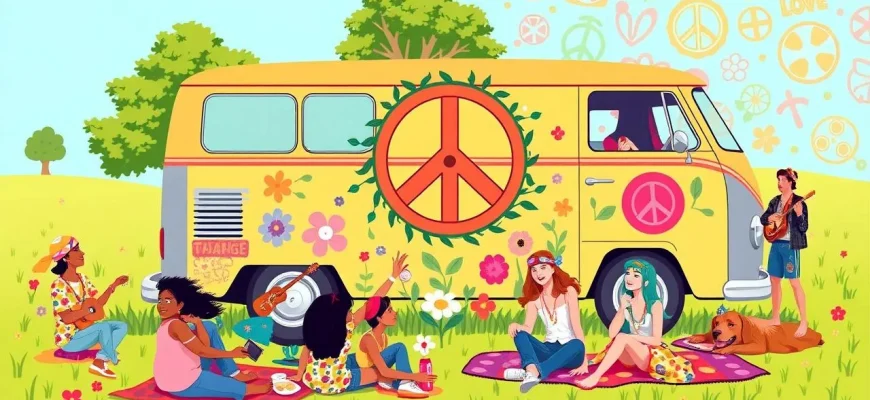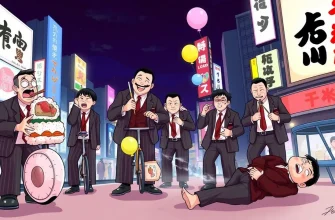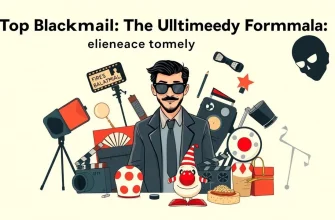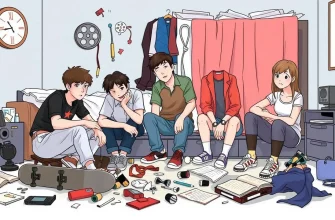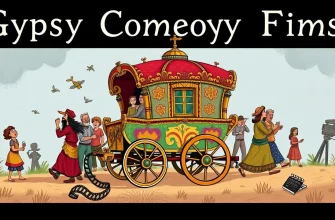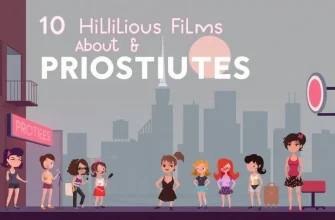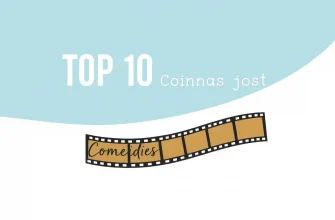Get ready to groove with our curated list of 10 comedy films that capture the essence of the hippie era. These movies are not just about laughs; they're a celebration of the counterculture movement, showcasing the spirit of peace, love, and freedom. Whether you're a fan of the 60s and 70s or just looking for a good laugh, these films offer a unique blend of humor and the laid-back hippie lifestyle.

Easy Rider (1969)
Description: Though more of a drama, this film's portrayal of two bikers traveling across America encapsulates the hippie ethos. Their journey is filled with comedic moments, especially when they encounter various characters along the way.
Fact: The film was one of the first to feature rock music on its soundtrack, including hits by Steppenwolf and The Byrds. It was also instrumental in the rise of independent cinema.
 Watch Now
Watch Now 
The Magic Christian (1969)
Description: This satirical comedy features an eccentric millionaire who adopts a young man and teaches him about the absurdity of society through various pranks, many of which involve hippie-like themes of questioning authority and norms.
Fact: The film features a cameo by John Lennon and Yoko Ono. It was also one of the last films to feature Peter Sellers in a lead role.
 Watch Now
Watch Now 
Harold and Maude (1971)
Description: This dark comedy features a young man, Harold, who is obsessed with death, meeting Maude, a free-spirited 79-year-old woman who teaches him to embrace life. Their unconventional relationship and Maude's hippie-like outlook make this film a unique entry.
Fact: The film was initially panned by critics but has since become a cult classic. Cat Stevens' music plays a significant role in setting the film's tone.
 Watch Now
Watch Now 
Up in Smoke (1978)
Description: This Cheech & Chong classic is all about the misadventures of two stoners who inadvertently smuggle marijuana across the Mexican border. Their laid-back, hippie-like attitude is central to the film's humor.
Fact: The film was a surprise hit, spawning several sequels. It was also one of the first films to openly celebrate marijuana culture.
 Watch Now
Watch Now 
Hair (1979)
Description: Based on the Broadway musical, this film follows a young man who gets swept up in the hippie movement, exploring themes of freedom, love, and anti-war sentiments with plenty of humor.
Fact: The film features the song "Aquarius/Let the Sunshine In," which became a cultural anthem. It was also one of the first major films to feature full frontal nudity.
 Watch Now
Watch Now 
Where the Buffalo Roam (1980)
Description: This biopic of Hunter S. Thompson, played by Bill Murray, captures the essence of the counterculture movement with its wild, comedic portrayal of the journalist's life and his interactions with the hippie community.
Fact: The film was not a commercial success but has gained a cult following over time. Thompson himself was involved in the scriptwriting process.
 Watch Now
Watch Now 
The Big Lebowski (1998)
Description: While not strictly about hippies, The Dude's laid-back, peace-loving attitude embodies the hippie spirit. His quest for a rug that really tied the room together is a comedic journey through a world of oddball characters.
Fact: Jeff Bridges improvised many of The Dude's lines, adding to the character's authenticity. The film has inspired a cult following, with fans celebrating "Lebowski Fest" annually.
 Watch Now
Watch Now 
The Adventures of Sebastian Cole (1998)
Description: This coming-of-age story set in the late 70s follows a teenager dealing with his stepfather's transition and the hippie lifestyle. The film blends humor with the exploration of identity and acceptance.
Fact: The film was well-received for its sensitive portrayal of transgender issues, which was quite progressive for its time.
 Watch Now
Watch Now 
The Love Guru (2008)
Description: Mike Myers plays a self-help guru with a hippie-like approach to solving relationship problems, leading to a series of comedic misadventures.
Fact: The film features cameos by several celebrities, including Jessica Alba and Justin Timberlake. It was also one of the last films to feature Verne Troyer before his passing.
 Watch Now
Watch Now 
The Tao of Steve (2000)
Description: While not strictly about hippies, the protagonist's philosophy of life, inspired by Eastern thought and hippie culture, leads to comedic situations as he navigates modern relationships.
Fact: The film was inspired by the real-life experiences of the writer, Duncan North, who based the character on his own life.
 Watch Now
Watch Now 
